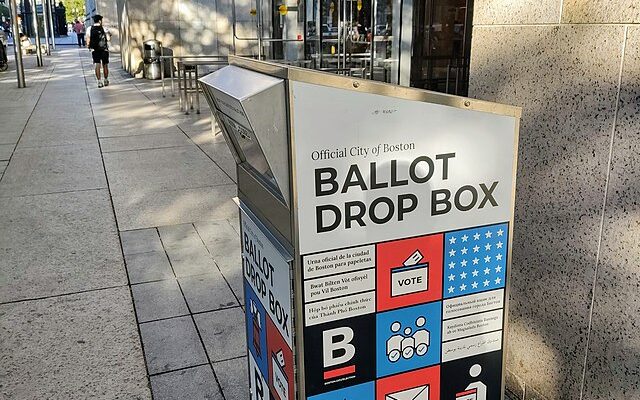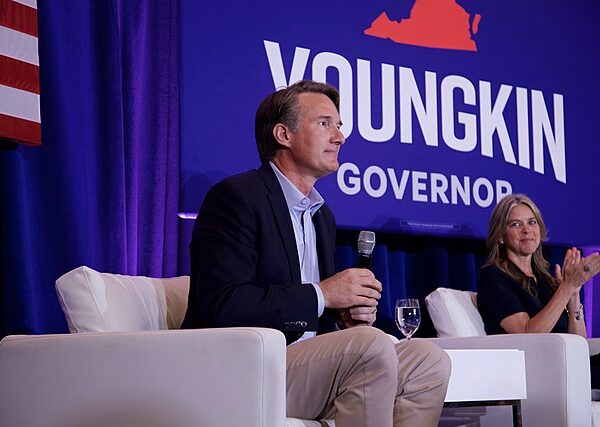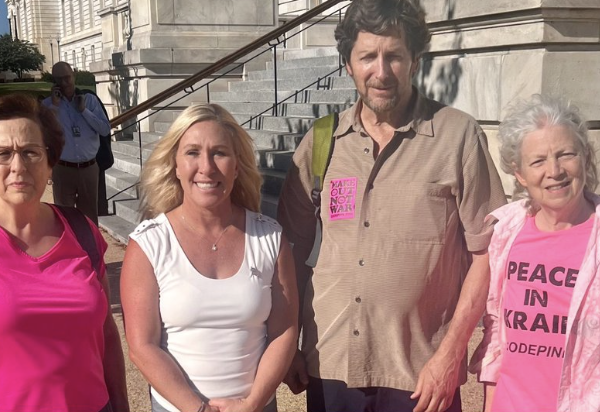
In a move that could reshape how states administer federal elections, the U.S. Supreme Court said Monday it will decide whether federal law requires that mail-in ballots reach election offices by Election Day to count. The justices agreed to hear Watson v. Republican National Committee, a challenge to Mississippi’s rule allowing absentee ballots to be tallied if they arrive within five business days after Election Day, so long as they are postmarked on time. Roughly 30 other states and the District of Columbia maintain similar provisions.
The case arrives amid renewed debate over the mechanics and legitimacy of voting by mail. Extensive research conducted since 2020 shows that vote-by-mail is not inherently partisan and does not meaningfully advantage either party in ordinary election cycles. Studies of states that phased in universal vote-by-mail—California, Utah, and Washington—found only modest turnout increases, about two percentage points, with no significant shift in the partisan balance of votes. The evidence is clear: the primary effect of mail voting is to change how people cast ballots, not who participates, according to SCOTUS Blog.
The dispute in Mississippi began in 2024, when the Republican National Committee—joined by the state party, two private citizens, and later the Libertarian Party—sued to block the state’s grace period. Sitting in Gulfport, U.S. District Judge Louis Guirola upheld the law, pointing to earlier Supreme Court rulings treating Congress’s creation of a single Election Day as a guard against staggered voting windows and premature influence from early returns. A short post-Election Day window for properly postmarked ballots, he concluded, did not frustrate those aims.
A panel of the U.S. Court of Appeals for the 5th Circuit disagreed, reading federal statutes that set the Tuesday after the first Monday in November as Election Day to require ballots to be in officials’ possession by that date. The full court declined to rehear the case, with five judges dissenting.
Mississippi urged the Supreme Court to intervene, arguing that an “election” ends when voters make their choices—not when election workers receive the ballots. With the 2026 midterms approaching, the state underscored the need for clarity: “[s]tates need to know whether federal law permits post-election-day ballot-receipt laws—and thus whether they must change their laws to comply with federal law or whether they may change their laws on policy grounds.” It warned that “[t]he stakes are high: ballots cast by—but received after—election day can swing close races and change the course of the country.”
The Republican National Committee defended the 5th Circuit’s view, arguing that late-arriving ballots invite “chaos and suspicions of impropriety … can ensue if thousands of absentee ballots flow in after election day and potentially flip the results of an election.” The group warned that a relaxed deadline undermines a uniform national cutoff that “puts all voters on the same footing.”
Some have argued that voter fraud is on the rise.
The broader debate has often included claims that vote-by-mail either systematically advantages Democrats or facilitates fraud. But some empirical analysis undermines that argument. Even during COVID-19—when absentee use surged and Democrats were far more willing to vote by mail—studies of Texas’s 2020 runoff showed no partisan turnout advantage. Republicans compensated for Democratic mail use by voting more frequently in person.
What remains unresolved are the logistical strains associated with mail voting. Mail ballots are historically rejected at higher rates than in-person votes, and surges in absentee use can drive those rates higher. In jurisdictions where one party’s voters disproportionately rely on mail ballots, rejection patterns—not fraud—could shape close outcomes. Nineteen states and the District of Columbia echoed this concern in an amicus brief supporting Mississippi, calling the 5th Circuit’s interpretation “both wrong and destabilizing” and warning that rigid deadlines threaten overseas military voters and their families.
In a brief order Monday, the Court granted review without recorded dissents. Oral arguments will occur next year, with a ruling expected by summer 2026.
[Read More: Liberal Judge Thinks It’s Fine To Target Trump Staffers With Violence]











